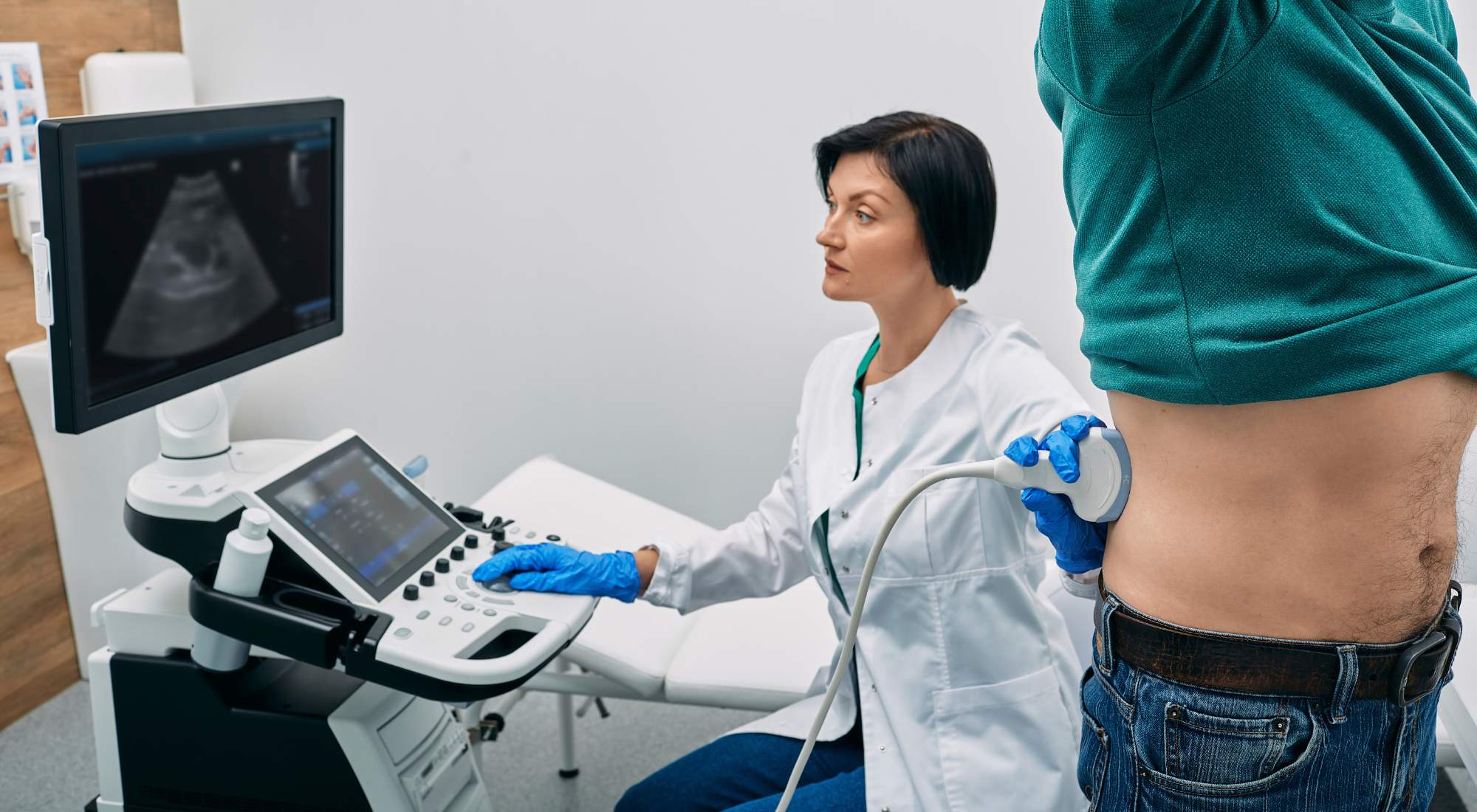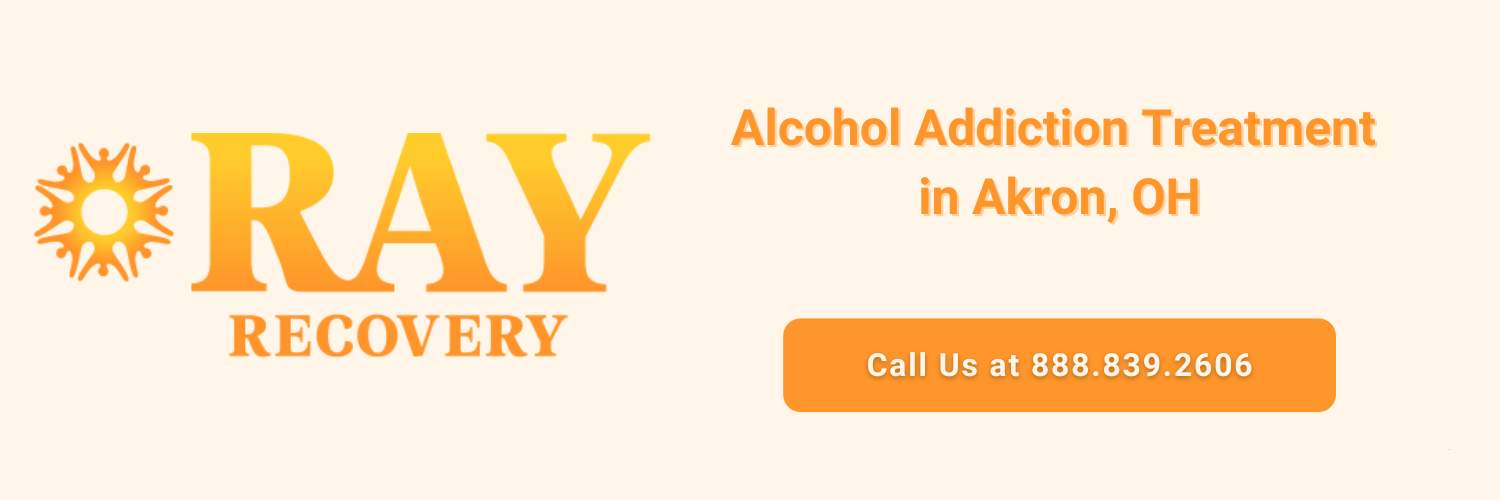Another trip to the doctor for them to tell you you have kidney stones, again. You’re in pain, uncomfortable, and beginning to wonder why this keeps happening. The stress of finding out that you have to deal with kidney stones again may have you reaching for your favorite alcoholic beverage until you pause and look at your drink — is this the reason they keep recurring?
Can drinking too much alcohol cause kidney stones?
Alcohol may be a contributing factor in your kidney stone diagnosis. Fortunately, staying away from alcohol may help prevent the formation of new kidney stones.
With facts and studies, we’ll explain what kidney stones are, how they’re formed, and how to decrease the likelihood of developing them. We’ll also discuss how alcohol can increase the risk of kidney stones and what lifestyle changes can help your body prevent them.
Understanding Kidney Stones: What Are They and How Do They Form?
Kidney stones are hardened minerals and salts that form inside the kidneys. Certain substances in the urine can crystallize when they become too concentrated. The crystallization can happen when there is a high level of these substances, a lack of fluid, or a lack of inhibitors in the urine.
Crystals can then begin to stick to one another, forming larger masses that are considered kidney stones. The larger the stone, the more painful and difficult it is for your body to naturally move the stone through the urinary tract.
The four main types of kidney stones are:
- Calcium oxalate – The most common kidney stones are formed due to too much calcium, calcium oxalate, or calcium phosphate in the urine.
- Uric acid – When the urine becomes too acidic, uric acid begins to crystallize and combine with other substances, creating stones.
- Struvite – Kidney stones are formed due to a urinary tract infection.
- Cystine – Caused by a rare genetic disorder, these stones are developed due to a leak of too much cystine in the urine.
Diet and hydration play key roles in how well your body prevents urinary crystals. Becoming dehydrated or consuming foods rich in salt, protein, sugar, or oxalate can increase the likelihood of kidney stone formation. In contrast, staying hydrated and incorporating calcium-rich foods may reduce the possibility of stone formation.
Consuming alcohol may influence the risk factors involved in developing kidney stones. Considering alcohol has a diuretic effect, dehydration commonly coincides with its consumption. Another contributing factor is alcohol’s purine level. Purines break down into uric acid, causing the urine to become acidic. The combination of dehydration and acidic urine may lead to a higher risk of kidney stones.
If you’re having trouble with substance use disorder and want to live a healthier life, let us help you take the next step forward. Ray Recovery’s goal is to give you a hand in developing new healthy habits that will support you on your sobriety path.
How Alcohol Affects the Kidneys and Urinary System
Dehydration and Its Role in Stone Formation
Alcohol can cause dehydration, which is a well-known cause of the formation of kidney stones.
Your fluid intake plays a key role in how well your body can prevent kidney stones. Dehydration creates an environment that enhances the likelihood of stone formation. Due to the lack of fluid, minerals, and salts can solidify.
Alcohol has diuretic properties, causing frequent urination and the reduction of vasopressin, which helps regulate water reabsorption in the kidneys. These factors can promote the crystallization of substances, leading to kidney stones.
Uric Acid and Alcohol Metabolism
Beer and some spirits are particularly high in purines, which the body breaks down into uric acid. In addition to having a high purine content, alcohol reduces the body’s ability to remove the excess uric acid in the urine. When there is an increased level of uric acid in the urine, it has a higher chance of crystallizing and becoming kidney stones.
To lower the risk of uric acid kidney stones, The National Kidney Foundation suggests avoiding alcoholic beverages due to their high levels of purines.
If you are struggling to reduce consumption or abstain from alcohol, it may be time to ask for help and guidance. Ray Recovery is here for support and to help bring the light back to your life. Give us a call today. We are here for you and will help you mind, body, and spirit on your journey to sobriety.
Alcohol’s Broader Impact on the Liver and Kidneys
On top of alcohol increasing the likelihood of kidney stones, a study revealed the potential effects it can have on the kidneys’ ability to function properly. The kidneys can become enlarged due to thickened glomerulus tissue and swollen kidney tubules. The enlargement can reduce the kidneys’ ability to filter waste and manage bodily fluids.
Alcohol also has the capability to damage the liver. Alcohol-related liver disease is caused by chronic or excessive alcohol consumption. The damaged liver can decrease blood flow to the kidneys or impair their ability to filter waste, possibly causing kidney failure.

Can Certain Types of Alcohol Increase the Risk of Kidney Stones?
Beer vs. Wine vs. Spirits: Is One Worse Than the Others?
All types of alcohol cause dehydration through their diuretic effect on the body. Dehydration alone can result in the formation of kidney stones.
Depending on the type of alcoholic beverage that is being consumed, there are additional factors that lead to the risk of kidney stones. Beer poses the highest risk of kidney stone development, followed by spirits, then wine.
Here are the main types of alcoholic beverages and how they can increase the risk of kidney stones:
- Beer – It contains the highest purine content, which results in high levels of uric acid. Beer can also increase the amount of calcium in the urine.
- Spirits – Often, spirits are mixed with sugary or high fructose-containing beverages, causing the kidneys to send more calcium, oxalate, and uric acid into the urine
- Wine – While wine contains a lower amount of purine, drinking wine in excess can cause dehydration and lead to crystallized substances in the urine.
Frequency and Quantity: Does Binge Drinking Make It Worse?
Heavy or chronic alcohol use may increase the risk of various health concerns. These concerns include the threat to your kidneys and the formation of kidney stones. Although some types of alcohol have a greater risk than others, all alcohol is capable of indirectly contributing to kidney stones.
The frequency of alcohol consumption correlates with the amount of risk it poses to kidney stone formation. The more frequently you drink, the higher the possibility of crystallization and formation.

Signs of Kidney Stones and When to Seek Help
Depending on its size, a smaller kidney stone may pass through your body unnoticed. The larger solid masses are the ones that can cause pain and potentially prevent the body from passing urine.
You should contact your doctor if you experience any of the following symptoms:
- Blood in your urine
- Pain when you urinate
- Pain in your lower back or stomach
- Nausea and vomiting
- Inability to urinate
- Increased need to urinate
- Bad-smelling or cloudy urine
You may begin to develop symptoms as the stone begins to move around the kidneys or enter the urinary tract.
Due to alcohol’s pain-relieving effects, it may dull the pain caused by the kidney stone, inhibiting your ability to know when to seek help. While drinking alcohol, the increase in urination and dehydration could be attributed to the alcohol, but it may be a sign that you have a kidney stone causing a blockage in your urinary tract.
Preventing Kidney Stones Through Lifestyle Changes That Work
Ways to lower the risk of kidney stones through lifestyle changes include the following:
- Avoid diuretics – Removing diuretics such as alcohol from your diet can help prevent dehydration and the formation of kidney stones.
- Moderate alcohol intake – Alcohol can contain a high purine content.
- Prioritize hydration – Hydration is key to a healthy body and preventing the crystallization of salts and minerals.
- Limit salt intake – Sodium can cause dehydration through water retention.
- Avoid certain supplements – Vitamin C supplements partially convert into oxalate, which in turn increases the risk of calcium oxalate stone formation.
- Limit foods high in calcium oxalate – Consuming too much calcium oxalate-rich foods increases the risk of the most common type of kidney stone.
- Avoid excessive caffeine – Coffee, soda, tea, and energy drinks can cause dehydration due to speeding up the body’s metabolism.
- Reduce the amount of sugar in your diet – Sugar and high fructose corn syrup can reduce urine production.

Having Trouble Limiting Alcohol? Ray Recovery Can Help
Can kidney stones be caused by drinking alcohol? Yes, alcohol may contribute to many health risks, kidney stones being one of them.
If you’re ready to follow the path to recovery, let us be the ray of hope that guides you on your long-lasting sobriety journey.
The content in this blog is not intended to be a substitute for professional medical advice, diagnosis, or treatment. Always seek the advice of your physician or other qualified health provider with any questions you may have regarding a medical condition.



